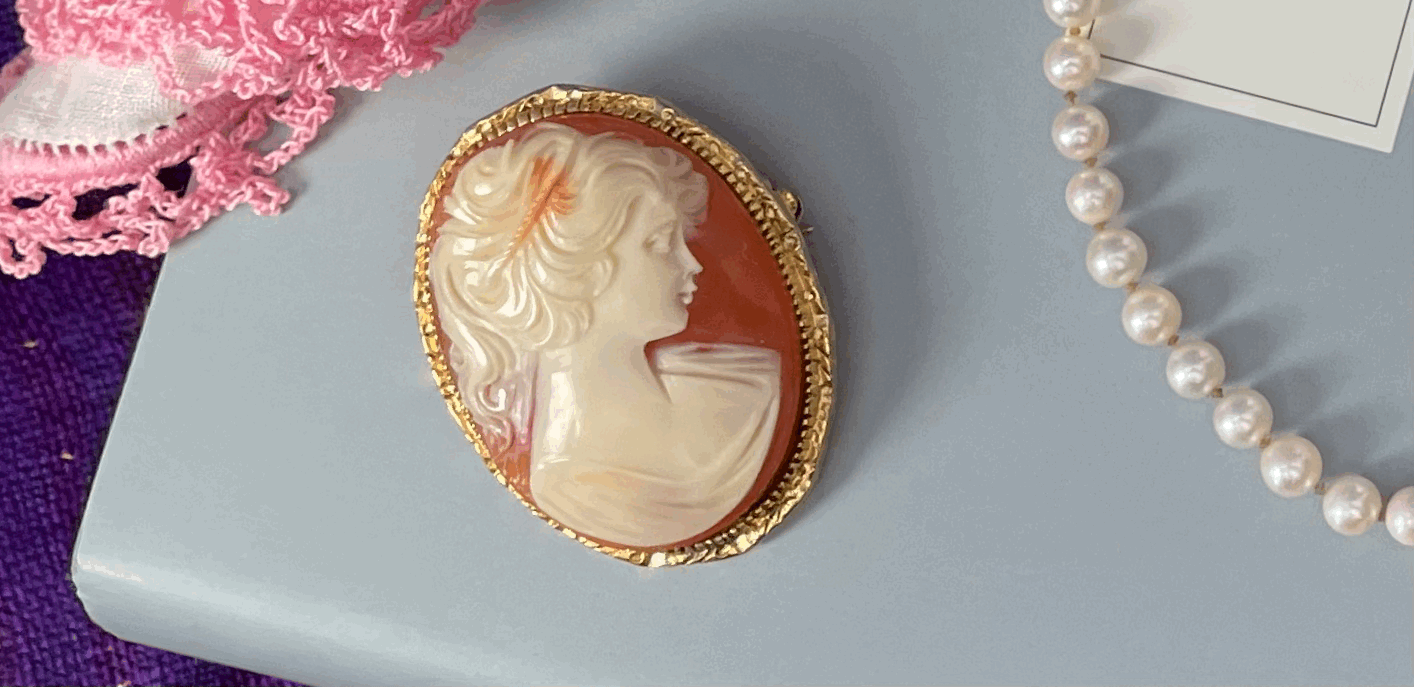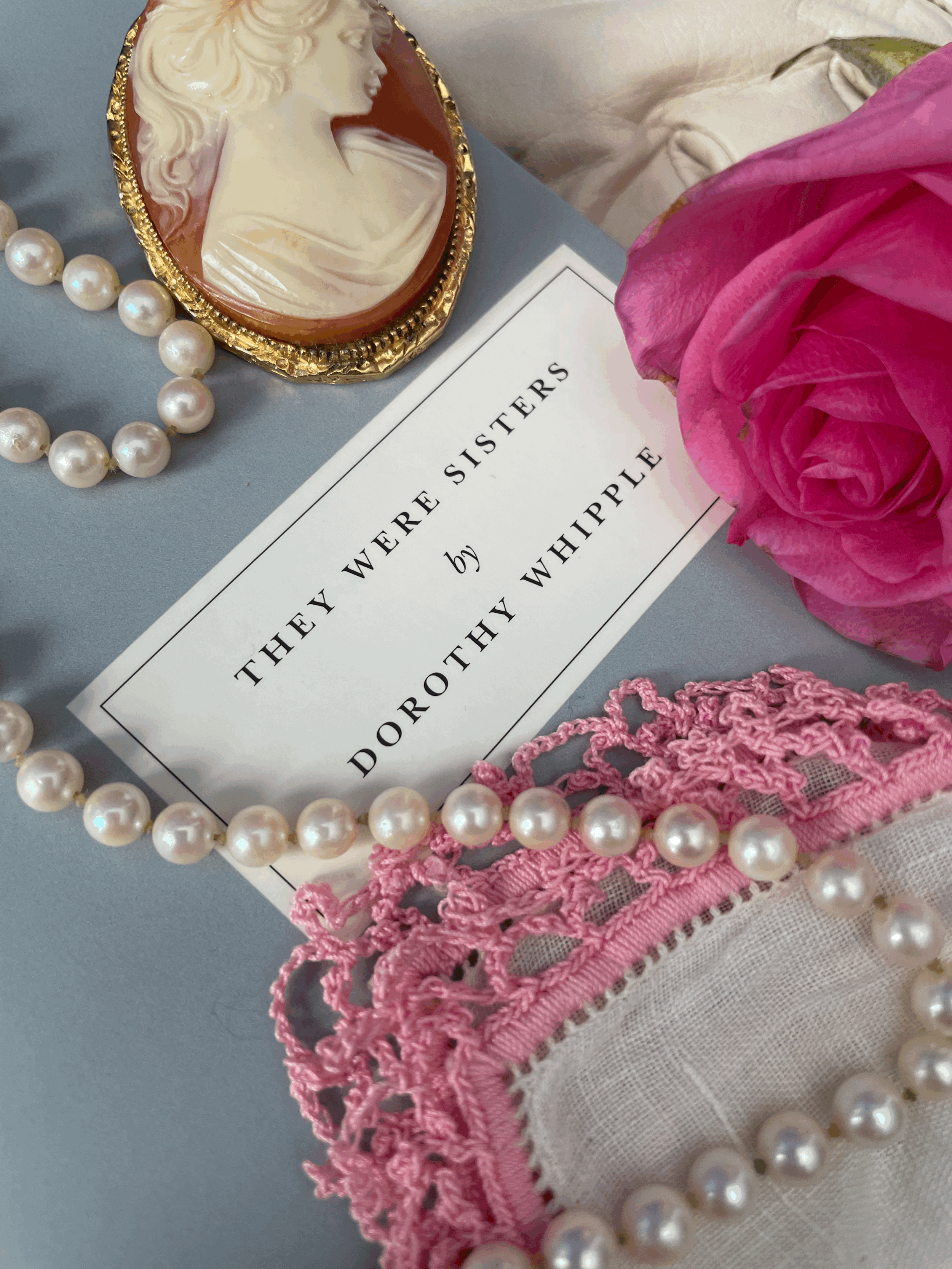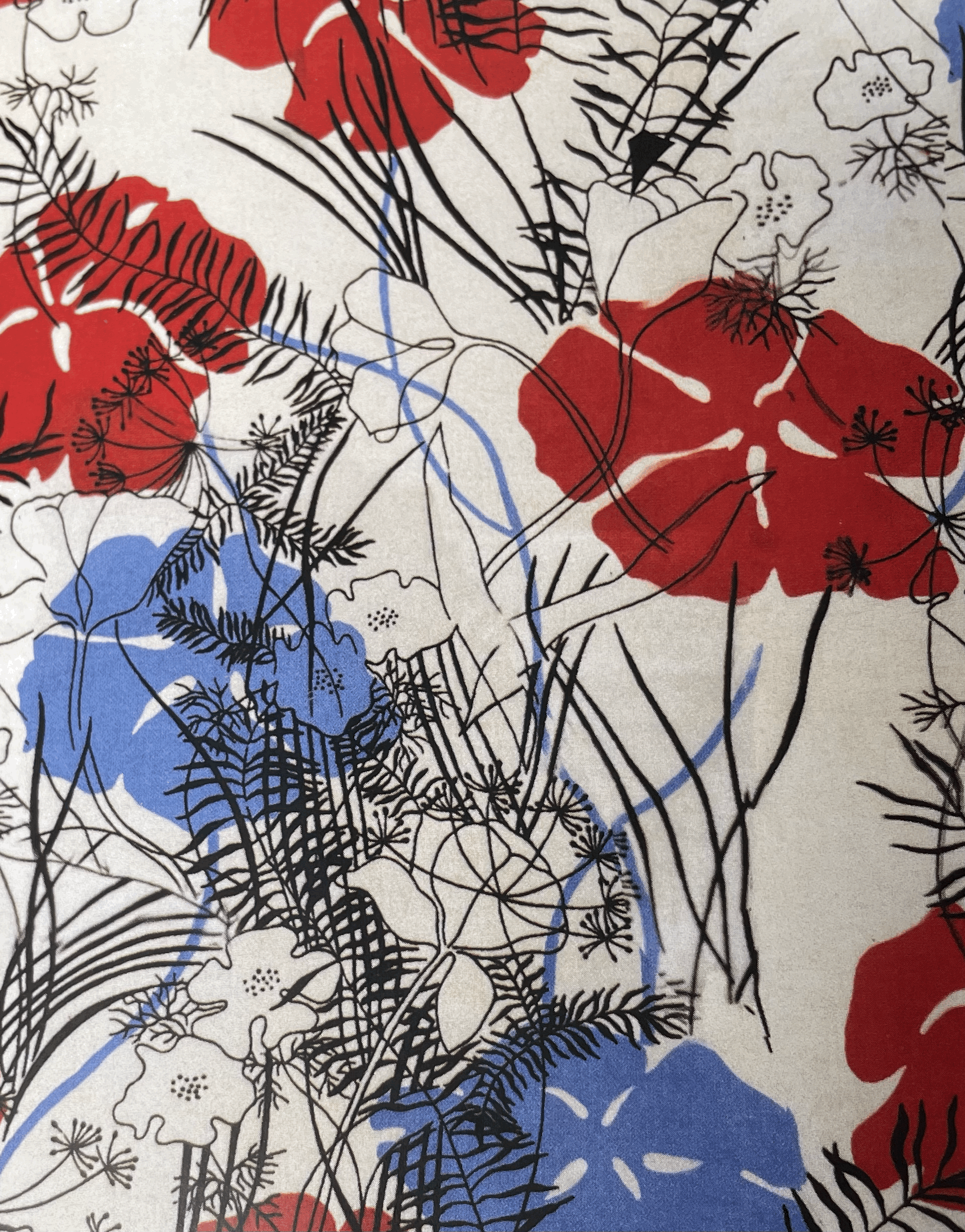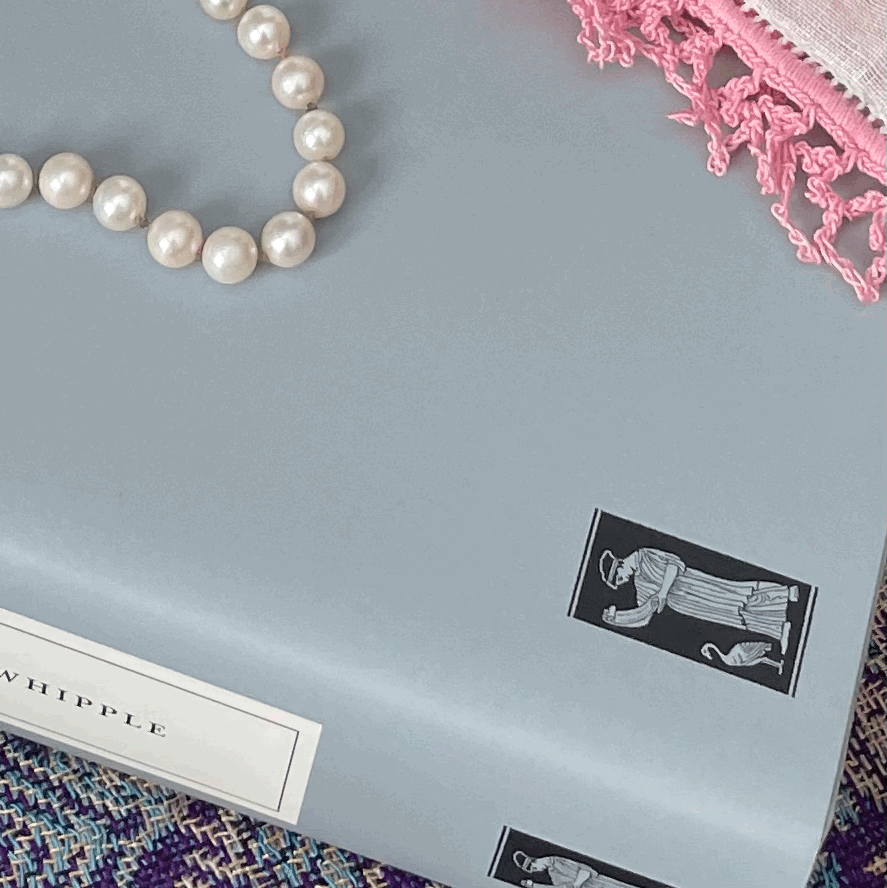The COVID pandemic hit just after I had started pursuing some interests on my empty-nester list such as gardening and reading. To find books that would interest me, I looked on the Goodreads app at books that HAD interested me in the past to see what similar books would be recommended. One of those books was Understood Betsy by Dorothy Canfield Fisher. I discovered it when my children were small and liked it so much that I read it to one of their elementary classes. The app said that people who enjoyed this book also enjoyed books by Dorothy Whipple, and when I clicked on those, I discovered Whipple’s cult following. The reviews convinced me that Whipple was my cup of tea, and indeed they were correct.
I didn’t find her books in my local library but they were on Amazon. Upon further investigation, I saw that they are published in the UK by a publisher called Persephone Books. Persephone’s website is full of information about their books and their store which recently relocated to Bath and looks so quaintly English. This publishing company has set out to elevate the esteem of women writers by publishing their undervalued and out of print novels, short stories, diaries, memoirs, and cookbooks, mostly of the early- to mid-twentieth century. The website is well organized and, besides paperback books, also offers e-books, audiobooks, a few book-related products, and sign-ups to receive free magazines and newsletters. Of course, I can’t condone every theme in the books, but there are many great reads from this publisher.
After succumbing to the rave reviews, I decided that I needed Dorothy Whipple’s They Were Sisters so I ordered it directly from the publisher. The book seemed quite expensive at £13 which is $18 plus a one-way ticket across the pond, bringing it to around $23 for a paperback. Once it made the two-week journey, I gave it very little time to recover from jet lag before diving in. The next few days are a blur as I sneaked (because “snuck” isn’t a word) moments to read a few pages. The book became my guilty pleasure and, though it went on for 455 pages, it was over way too soon.
I needed more. To the website I went to search for my next alternate universe, and it brought me good tidings of great joy to discover that Persephone have (and this is the verb tense the Brits use for a company—have, not has) a box set of Dorothy Whipple books, eleven in all! It did include They Were Sisters so now I have an unmarked duplicate to give as a gift. I don’t currently see the complete set on offer but there is a set of six of her books which includes the three I write of in this post. I obviously highly recommend them! To order the complete set required an email because it wasn’t on the list for online ordering (must have been for only a limited time) which later resulted in a phone call from a lady at the publishing company because she didn’t trust email for sending my credit card information. As much as this introvert hates talking on the phone, I was delighted to chat with a lady with such a lovely British accent. I wonder if my Britophilia is my ancestry calling to me.
Most of Persephone’s books are in a gray (or grey if you’re British) dust jacket and each has its own unique endpaper with a matching bookmark which is a reproduction of a print or pattern from the year of the book’s original printing. Some books which have reached classic status have special collectible dust jackets. My stack of unread gray books is a reminder of an awaiting relaxing indulgence that I am forcing myself to resist. I must pace myself lest I gobble them up too quickly and then am never able to read them for the first time again. Though I know there are other excellent writers to explore at Persephone, I think I probably started with the very best.
They Were Sisters
By Dorothy Whipple
First published 1943
455 pages
Lucy is the eldest of her sisters, Vera and Charlotte, and becomes the unspoken female authority in the household after their mother’s death. Whipple describes the relationship by saying, “They kept things from her and deceived her as if she were a parent. They made her weep into her pillow at night, because she loved them with all her heart. They were her responsibility, her anxiety and her happiness.” [page 8] The book made quick work of introducing the sisters and having them leave home, and Lucy “was like one who has a piece of work on which she has been long engaged taken suddenly out of her hands…” [page 24] You can easily see how this struck a chord with me as my babies were leaving home. Although Lucy helplessly watches her sisters destroy their lives, she realizes that at least she did something for them they were unable to do for themselves. (I’m trying hard not to spoil the sweet ending for you.)
They Were Sisters endpaper
Dorothy Whipple has a way of writing about nothing terribly exciting while keeping your interest and bringing you in to a familiar scenario. You recognize the characters because you know a version of them. You can see both the fatal flaws and the gifted uniqueness of people which leaves you pitying and admiring them simultaneously. The vocabulary used paints the picture of the early 1900’s. I had visions of when the old things in my grandparents’ houses were new.
High Wages
By Dorothy Whipple
First published 1930
316 pages
Jane is a shop girl in a dress shop, sharing a meager apartment above the shop with a coworker. Through hard work and seized opportunities, we satisfyingly watch her go from rags to riches in a nearly miraculous way during an era when this was not the norm for women. Her climb to success is intriguing but a moral fall is ahead which she lives to regret and rectify. The tidbits on the genteel culture and fashion of the day were particularly of interest to me.
You know how sports fans are brought out of their armchairs and go into animated celebrations of victory at a great football play? Well, my equivalent to that (maybe not quite so animated) is when Dorothy Whipple serves it up COLD! You’re reading along and then page 74 hits you with a double whammy:
Jane is nervous when a wealthy socialite and her spoilt (British spelling as opposed to our American “spoiled”) daughter enter the shop where a proper tea is laid for them. “They might offer her a cup of tea…Sometimes she seemed to make a loud noise when she swallowed. She prayed that she wouldn’t do that to-day. Her prayer was answered. They did not offer her any tea to swallow.” If I were my youngest son, I would have flown out the front door and taken a lap around the driveway screaming “Ohhhhhhhh!” on that one.
And this was said of Jane’s enviable character: “The more you trod on Jane, the more she wasn’t squashed.” Boom.
High Wages endpaper
Dorothy Whipple can paint a clear picture in your mind with very few words. I shook my head in wonderment when I read, “‘Well, it beats me,’ she said at last, looking at Jane over the spectacles she wasn’t wearing.” [page 167] Again with the “wasn’t.” WHO THINKS TO PUT IT THAT WAY?! NOBODY, except Dorothy Whipple.
The Priory
By Dorothy Whipple
First published 1939
536 pages
Major Marwood and his family live in a former priory, a monastery or nunnery run by a prior, which was built in the thirteenth century for the service of God and the poor. The Major lives for the time of year that he hosts a cricket tournament even though he is too poor to maintain the estate and his family properly, but also never makes an effort to improve his situation. He gradually has to let employees go and puts the Priory up for sale. The book tells of the romantic relationships of the staff and of the Major’s two grown daughters, Penelope and Christine, who have been spoiled and sheltered all of their lives (“No one said them nay.” [page 280]) and have no marketable skills. The later part of the book details Christine’s journey into marriage and the heartbreak she suffers. She goes through a difficult time, living a life that was completely unexpected and trying. The story ends happily with a satisfying outcome concerning what she thought was lost forever.
Here are a few of the excellent themes in this book:
▪️Recognize when something is doomed; it will only get worse and you will eventually have to deal with it.
▪️Happy endings require humility, hard work, and forgiveness.
▪️Foolishness causes a lot of pain that cannot be undone.
▪️We are eternally endeared to those who help us when we cannot help ourselves.
The Priory endpaper
Whipple’s phraseology intrigues and entertains me. Some may be common cliches of her day, but most are just her way of putting things. Here are a few Whipple-isms she whipped out:
▪️“The gilt began to come off the gingerbread.” [page 244] The reality of married life set in.
▪️“Rising like a full-breasted swan from the lake of mahogany…” [page 247] This was the preface of someone proudly stating his opinion.
▪️“He mounted his highest horse before speaking.” [page 259] Can’t you hear him clearing his throat first?
▪️“Yesterday’s sun had not reappeared.” [page 363] I would have said “It was a gloomy day.” or “The sky was gray.” but she made it sound so much more bleak by stating what didn’t happen.
Dorothy Whipple’s books are not Christian literature but I noticed that they always portray sin in a negative light. She has characters use curse words occasionally to show what type of person they are. I am sure she could have gotten that point across another way seeing what a good writer she was. The illicit parts in the stories were never gratuitous but merely implied. I was surprised at the many Biblical references made in the books and Chapter 21 of They Were Sisters is practically a sermon with an altar call. I am sure the books could be used to promote many different views, but I thoroughly enjoyed the ways they voiced my feelings as a woman, mother, and human being.








